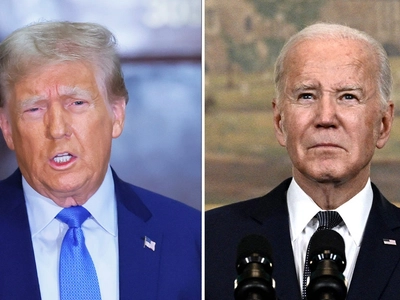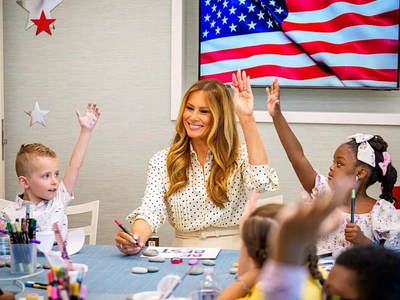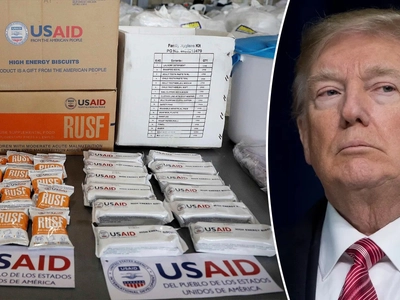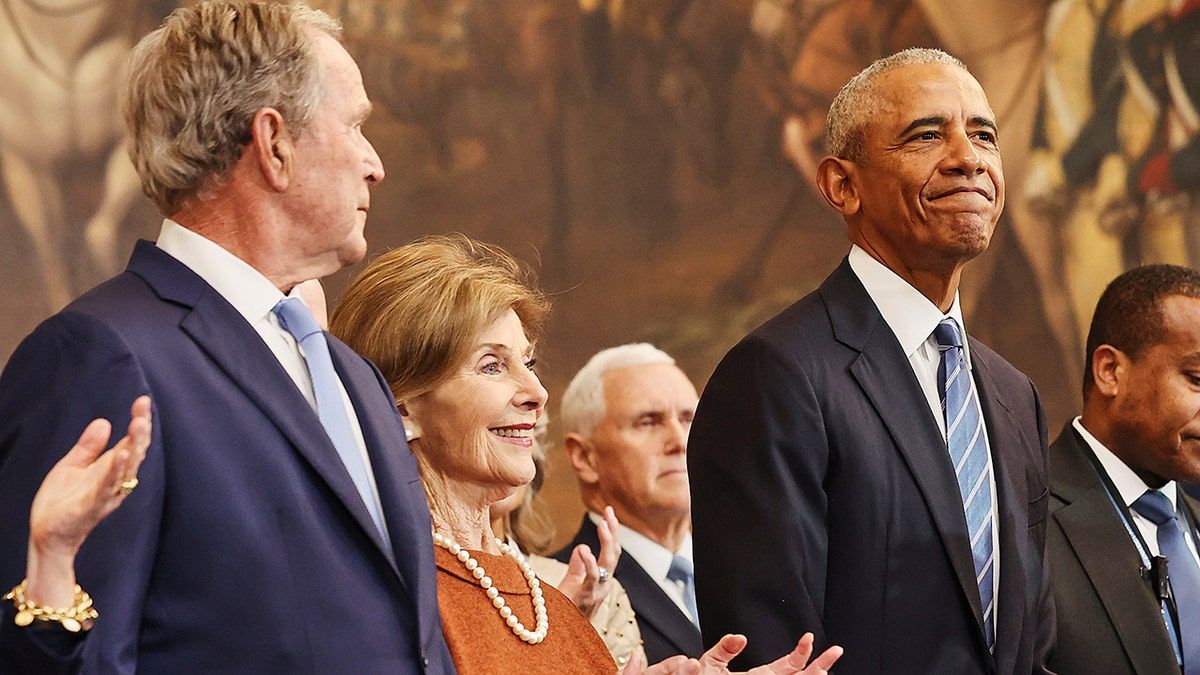Trump Jr. Faces Massive Backlash After 'Disgusting' Comment About Biden's Cancer
When President Joe Biden announced his prostate cancer diagnosis in May 2025, Americans from both sides of the political aisle initially offered support and well-wishes. But that bipartisan moment of humanity was short-lived. Within hours, Donald Trump Jr. posted a message on social media that would ignite a firestorm of controversy and leave many questioning the boundaries of political discourse.
The post that sent shockwaves through the internet wasn't just another political jab—it was a direct attack on Dr. Jill Biden, questioning how she, as a "doctor," could have missed her husband's cancer diagnosis. The backlash was swift and brutal, with critics calling the comment "disgusting," "vile," and "beyond the pale."
What Trump Jr. Actually Said
In his controversial post, Donald Trump Jr. specifically targeted Dr. Jill Biden, who holds a doctorate in education, suggesting she should have detected her husband's prostate cancer sooner. The post appeared to deliberately conflate her educational doctorate with medical expertise, creating what many saw as a cruel and misleading attack during a vulnerable moment for the Biden family.
The timing made it particularly jarring. Biden's cancer diagnosis was revealed to be aggressive, with a Gleason score of 9 and evidence of metastasis to his bones. For many Americans, regardless of political affiliation, this represented a serious health crisis deserving of compassion, not political ammunition.
The Internet's Furious Response
Social media erupted with condemnation from across the political spectrum. Even some Republican voices joined Democrats in expressing disgust at Trump Jr.'s approach. The hashtags #TooFar and #Disgusting began trending as users shared their outrage.
One viral response captured the sentiment of many: "There are lines you don't cross in politics. Mocking someone's cancer diagnosis and attacking their spouse crosses every single one of them."
The criticism wasn't limited to random social media users. Political commentators, journalists, and public figures weighed in, with many pointing out that Dr. Jill Biden's doctorate is in education, not medicine, making the attack both cruel and factually misleading.
The Pattern That Has People Worried
This incident didn't occur in isolation. Critics pointed to a troubling pattern of increasingly personal attacks from Trump Jr., who has previously made controversial statements about political opponents' health and family members. The Biden cancer comment, however, seemed to represent a new low even for those accustomed to harsh political rhetoric.
Many observers noted that this type of attack goes beyond traditional political opposition into territory that most Americans—regardless of party—find unacceptable. The fact that it involved a serious medical diagnosis made it particularly inflammatory.
The Broader Implications
The controversy raises serious questions about the state of American political discourse. When a former president's son can mock a sitting president's cancer diagnosis and attack his wife, many wonder if there are any boundaries left in political communication.
Some political analysts suggest that such extreme rhetoric, while generating headlines and social media engagement, may actually backfire by turning off moderate voters who view these attacks as crossing basic lines of human decency.
A Moment of Reckoning
The fierce backlash to Trump Jr.'s comments suggests that even in our polarized political climate, there are still some lines that most Americans won't accept being crossed. The overwhelming negative response from people across the political spectrum indicates that attacking someone's serious medical diagnosis—and their spouse—remains beyond the pale for most voters.
As the controversy continues to unfold, it serves as a stark reminder of how quickly political discourse can spiral into territory that many find deeply troubling. Whether this incident will prompt any reflection on the boundaries of acceptable political rhetoric remains to be seen, but the intense public reaction suggests that many Americans are drawing a line in the sand.
The question now is whether political figures will heed the public's clear message that some attacks—particularly those involving serious illness and family members—are simply unacceptable, regardless of political differences.








